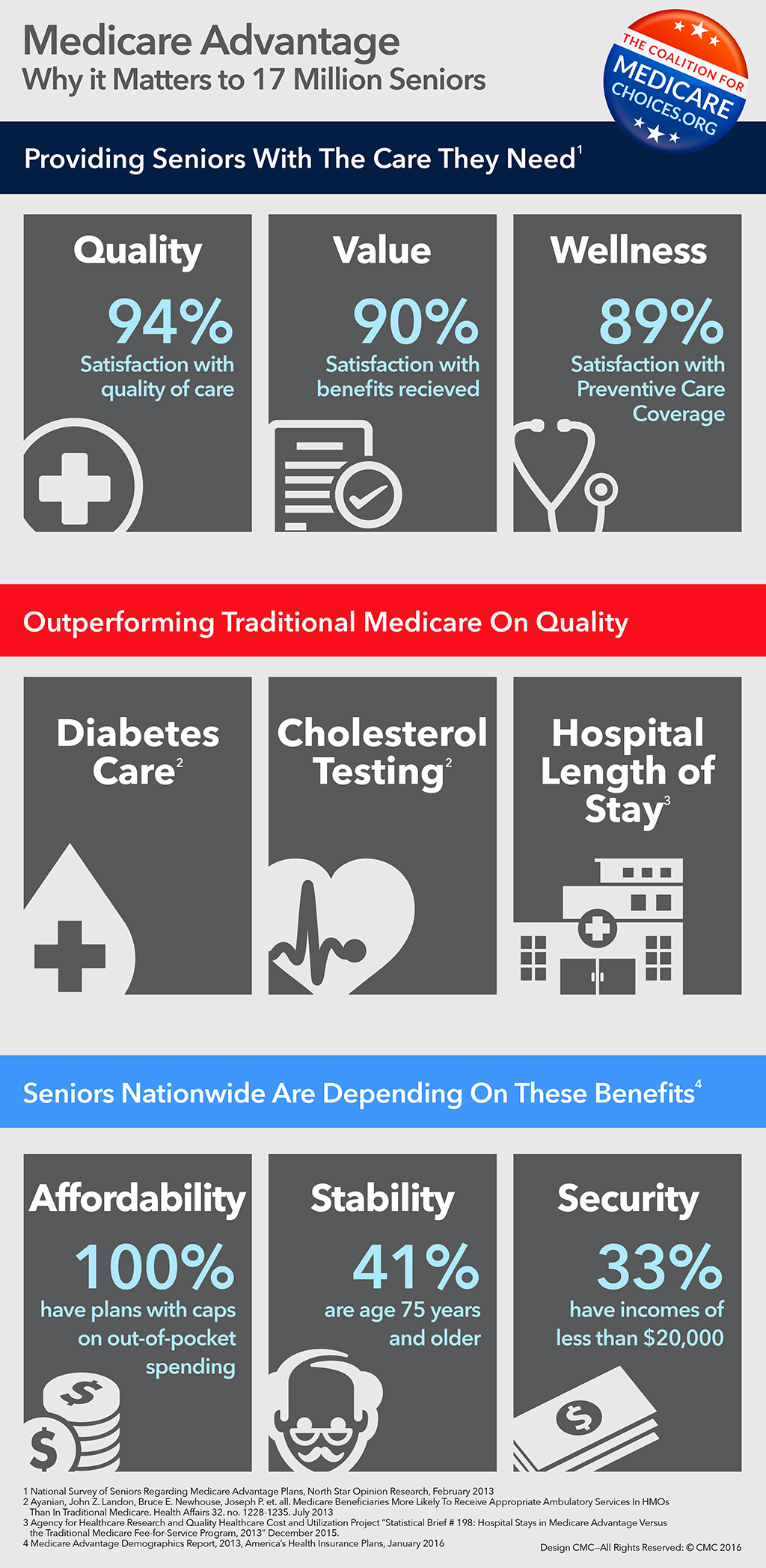Why We Must Protect Medicare Advantage

It’s a story that affects tens of thousands of low-income seniors here in the Capital Region, but rarely gets the coverage it deserves. That is, the ongoing war over federal funding and policies in support of the Medicare Advantage (MA) program.
Medicare Advantage was created in 2004. Since then, 17 million seniors and individuals with disabilities, including 67,000 Capital Region residents, have signed up for this innovative program. Medicare Advantage has become more attractive to seniors in recent years, mainly because the health plans are more generous than traditional Medicare and are required to cap a member’s out-of-pocket expenses.
Unlike traditional Medicare, Medicare Advantage plans are rewarded based on the quality of care they provide. As a result, Medicare Advantage plans are encouraged to keep their members healthy, keep them out of the hospital, and coordinate their care. In fact, a number of studies have shown that seniors covered under Medicare Advantage plans spent 19 percent fewer days in the hospital, had 28 percent fewer hospital readmissions, and seven percent more primary care visits. In addition, Medicare Advantage plans have outperformed traditional Medicare on a number of health measures, including breast cancer screenings, diabetes care, and cholesterol testing for cardiovascular disease.
What’s more important? Seniors are happy with Medicare Advantage. According to The Coalition for Medicare Choices, 94 percent of seniors who have a Medicare Advantage plan are satisfied with the quality of care they receive.

Despite these many successes, federal policies often work against Medicare Advantage. The Affordable Care Act – which has used the Medicare Advantage program as a funding mechanism – has imposed new taxes and cut reimbursements for Medicare Advantage, forcing many plans to increase premiums and reduce benefits, disproportionately hurting millions of low-income seniors, as more than 40 percent of Medicare Advantage enrollees earn less than $20,000 per year.
Last month, a bipartisan group of more than 360 lawmakers – led by Senator Chuck Schumer (D-NY) and Senator Mike Crapo (R-ID) – sent letters to the Centers for Medicare & Medicaid Services (CMS), urging the agency to protect the millions of seniors who have come to depend on these plans. According to Schumer, “Annual payment and policy changes create disruption and confusion among beneficiaries, especially in low income, rural, and minority populations. Additional cuts have the potential to stifle innovation and further impede beneficiary access to high quality health care.” Senator Crapo went on to say, “The administration’s repeated attempts to use the MA program as a piggybank to offset inefficiencies in Obamacare and traditional Medicare undermines the future stability of the program.”
We can all agree that the health care system needs some financial restructuring, but this cannot be done on the backs of senior citizens who have paid their dues. In the coming weeks, I would encourage policymakers to take a closer look at the value proposition offered by Medicare Advantage plans and how it affects the millions of people who are depending on this program.
 The Daily Dose
The Daily Dose
 John D. Bennett, MD, FACC, FACP
John D. Bennett, MD, FACC, FACP
Philip W. Klein
As a Senior and a Medicare Advantage card holder I can not stress enough the advantages of this program. I have been selling Group Health Insurance for over 40 years and can attest to the quality that this program and the benefits it brings to Seniors. Please make every effort to maintain this excellent program. Thank you,